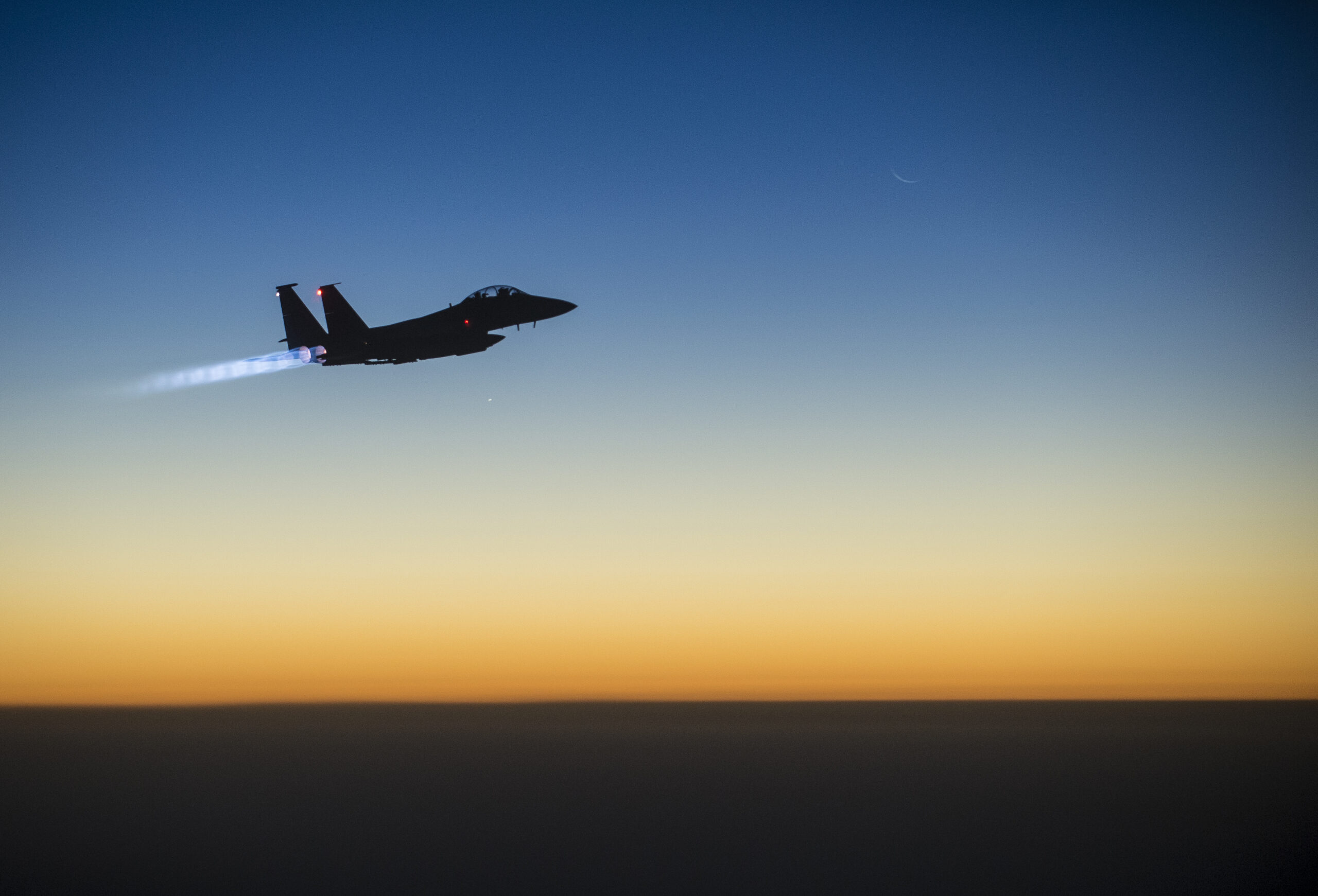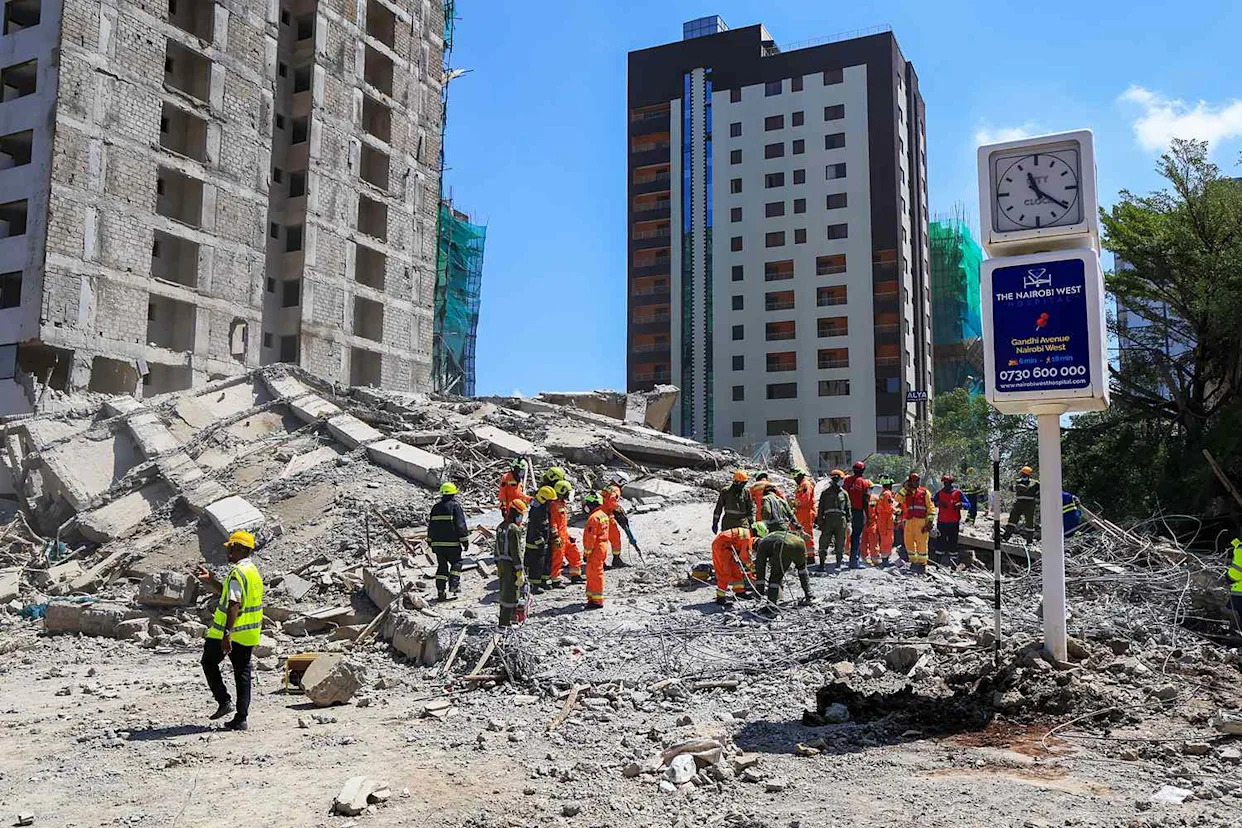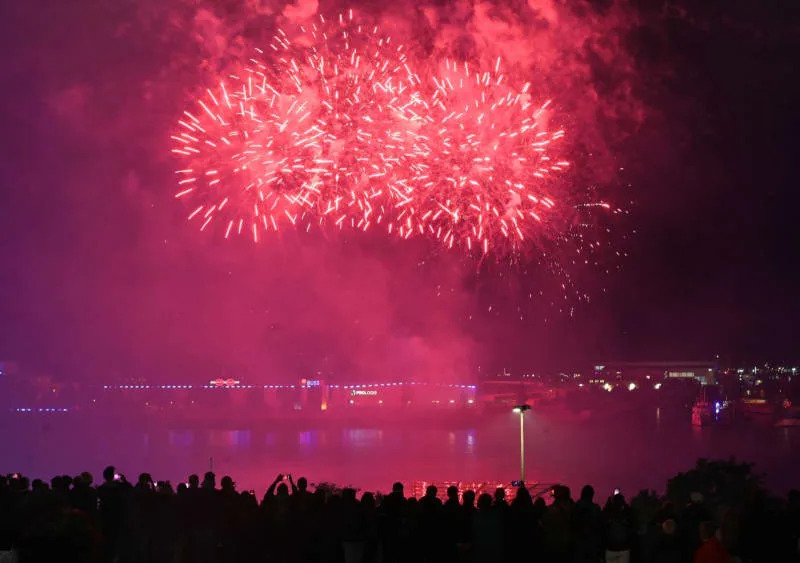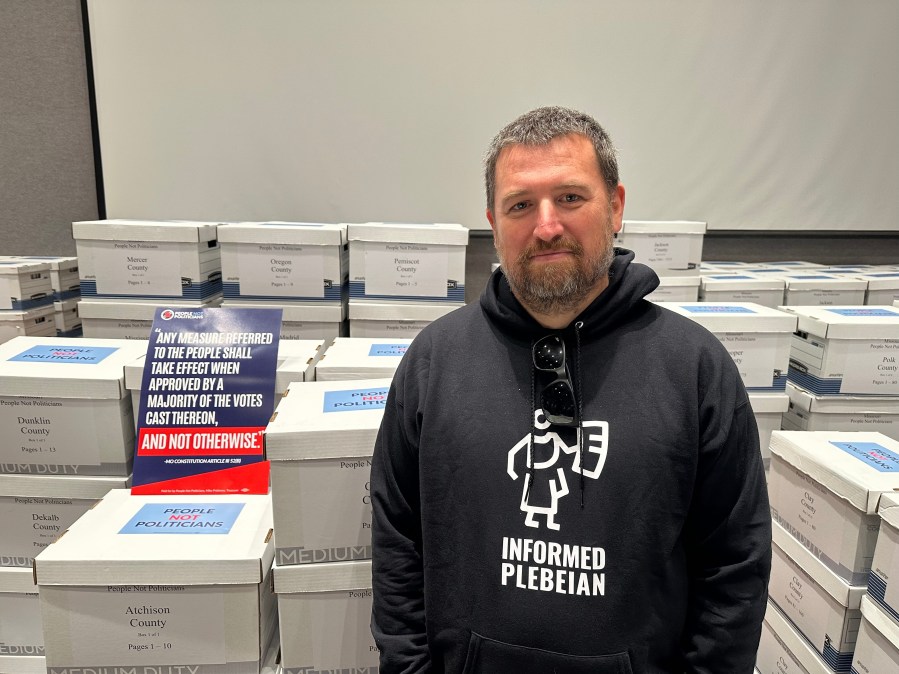A recent airstrike carried out by the United States on a migrant detention center in Yemen has drawn significant criticism from human rights organizations. This attack occurred during “Operation Rough Rider,” a military campaign involving US strikes against Houthi forces, which also included retaliatory missile launches by the Houthis aimed at US warships in the Red Sea. According to reports, the airstrike resulted in numerous civilian casualties, prompting calls for accountability.
An investigation by Amnesty International revealed that there was “no evidence that the migrant detention center was a military objective.” Survivors described the facility as an “open space,” where the occupants were clearly visible. This raises serious questions about the legality of the strike under international law, as it appears the US military failed to adequately assess whether the target met the criteria for a legitimate military objective.
In a statement made in March, former US President Donald Trump highlighted the impact of Houthi attacks on global trade, asserting they had a “sustained negative impact on global trade and economic security of the United States.” The traffic of merchant ships in the Red Sea has reportedly decreased from 25,000 to 10,000 annually, underscoring the broader implications of the ongoing conflict.
The situation has escalated further, with Human Rights Watch labeling Houthi attacks on commercial vessels as war crimes. These actions jeopardize the safety of crew members and threaten the stability of international commerce in the region.
Amnesty International previously condemned the US airstrikes conducted on April 28, 2023, stating they violated international law by neglecting to verify if the targeted site was a legitimate military objective. This ongoing scrutiny of military operations emphasizes the need for greater accountability and adherence to established international standards during armed conflicts.
The airstrike and its aftermath highlight the complex and often tragic interplay of military action and civilian safety in conflict zones. As investigations continue, the calls for accountability from human rights groups are likely to intensify, urging both the US government and its military to reassess their operational protocols in the region.







